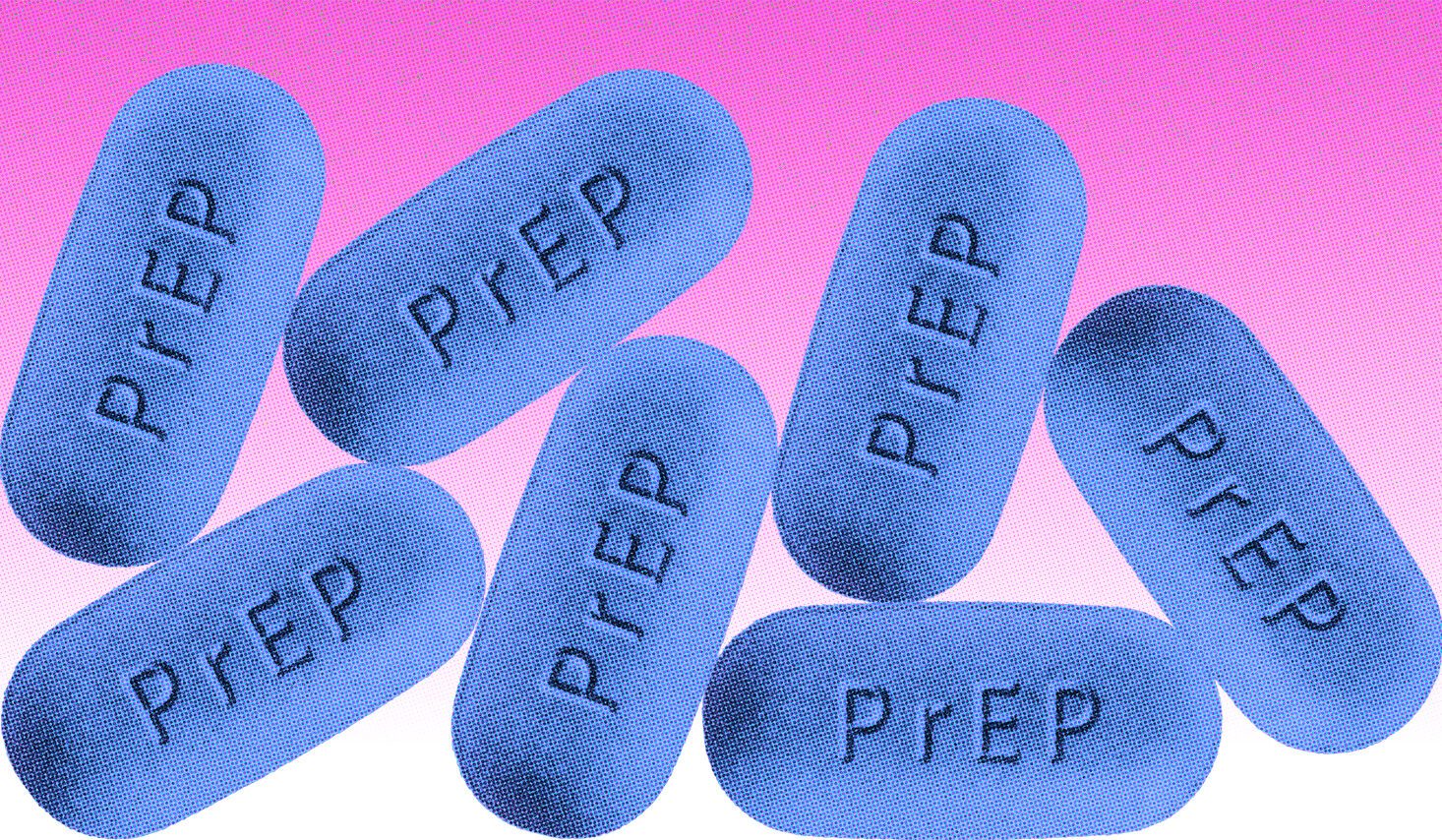
It’s been one year since we released our Not PrEPared report with partners National AIDS Trust, One Voice Network, Prepster and Sophia Forum to examine the state of access in England to the highly effective HIV prevention pill Pre-Exposure Prophylaxis (PrEP) – and that state was poor.
The report surveyed 1,120 people who had tried to access PrEP in the previous 12 months, and struggled to do so. Over half (65 per cent) of respondents were totally unable to access the drug via an NHS PrEP service. We know from data presented at BASHH in 2019 that in one clinic alone, nine gay men who were on a waiting list to access PrEP through the PrEP Impact trial, acquired HIV while waiting for a trial space.
At the time, Dr Jewsbury from the Manchester clinic, said: “In summary, we found nine preventable infections in patients that were motivated to take PrEP. It’s quite possible that if they lived in a different part of the UK or if PrEP had been commissioned in England, then these infections may have been avoided.”
So a year on, what has changed?
As we approach the end of 2023, it’s abundantly clear the full potential of PrEP has been curtailed by a sexual health system under continued extreme strain.
We don’t know how many people are currently not able to access a sexual health clinic to start PrEP. But of those who can get a foot in the door of the clinic, we know 121,547 people could potentially benefit from it. Reassuringly, 71 per cent of these individuals started or continued to take PrEP. So, the system is still working for some people, if they can access it.
The number of people who had their PrEP need identified within a clinical consultation rose from 79 per cent in 2021 to 83 per cent in 2022. There has also been a significant rise in the proportion of straight women and men who have had their PrEP need identified. But this still means that two in fi e (41 per cent) of women with PrEP need have not been recognised. More health inequalities arise when we look at ethnicity. Among straight people, those of White ethnicity had their PrEP need identified at a higher rate than people of Black African ethnicity, despite rates of HIV being much higher within Black African communities.
There is a vast difference between those who could benefit from PrEP and those who actually take it – while 74 per cent of gay, bisexual and other men who have sex with men (GBMSM) started on PrEP, only 36 per cent of straight women and 39 per cent of straight men took up the drug. It is clear that many straight people either do not see oral PrEP as for them, or aren’t receptive to the way we currently offer PrEP.
So, what needs to happen?
In the HIV Action Plan for England, the UK Government committed to developing a plan for provision of PrEP in settings beyond sexual and reproductive health services. This has not happened but a broader “PrEP roadmap” has been promised by the end of this year. This roadmap needs to be ambitious, bold and unambiguous. Tackling inequity of access must also be at the heart of the roadmap. For it to be a success, it must include:
- Efforts to improve knowledge of PrEP amongst communities who could benefit – especially straight women and men. People first need to be aware of PrEP, and see it as something for them.
- Improving access to PrEP is crucial to build on knowledge of it. This needs to include action to reduce missed opportunities for PrEP access in sexual health services. Why isn’t everyone’s PrEP need being identified? Why are so many people declining PrEP? We must get the PrEP offer sorted in clinics including looking at how clinics are assessing eligibility and need in individuals and key populations beyond GBSM.
- The introduction of a national PrEP access target with a maximum wait time so that no one is left waiting.
- Exploration of how emerging methods of PrEP e.g. injectables could benefit communities – especially women, and how we make these novel technologies available as quickly as possible
- And then we must see PrEP access being broadened – to reduce the burden on sexual health services and get PrEP out into the community to meet people where they are. We need a series of properly funded and resourced pilots providing PrEP in settings outside sexual health clinics, including online, in pharmacies, in prisons and in community settings. We also need to reduce missed opportunities by ensuring information on PrEP is given alongside reproductive health information and services.
The year ahead is make or break on whether England will meet the 2025 goal of reducing new HIV transmissions by 80 per cent and will be vital in setting us on the correct path to 2030. We won’t get there with business as usual. That’s why Terrence Higgins Trust is asking for a firm commitment to maximising the potential PrEP can offer us. We’re asking for funding. We’re asking for innovation. Novel solutions. Expeditiousness, ambitious goals and accountability.



